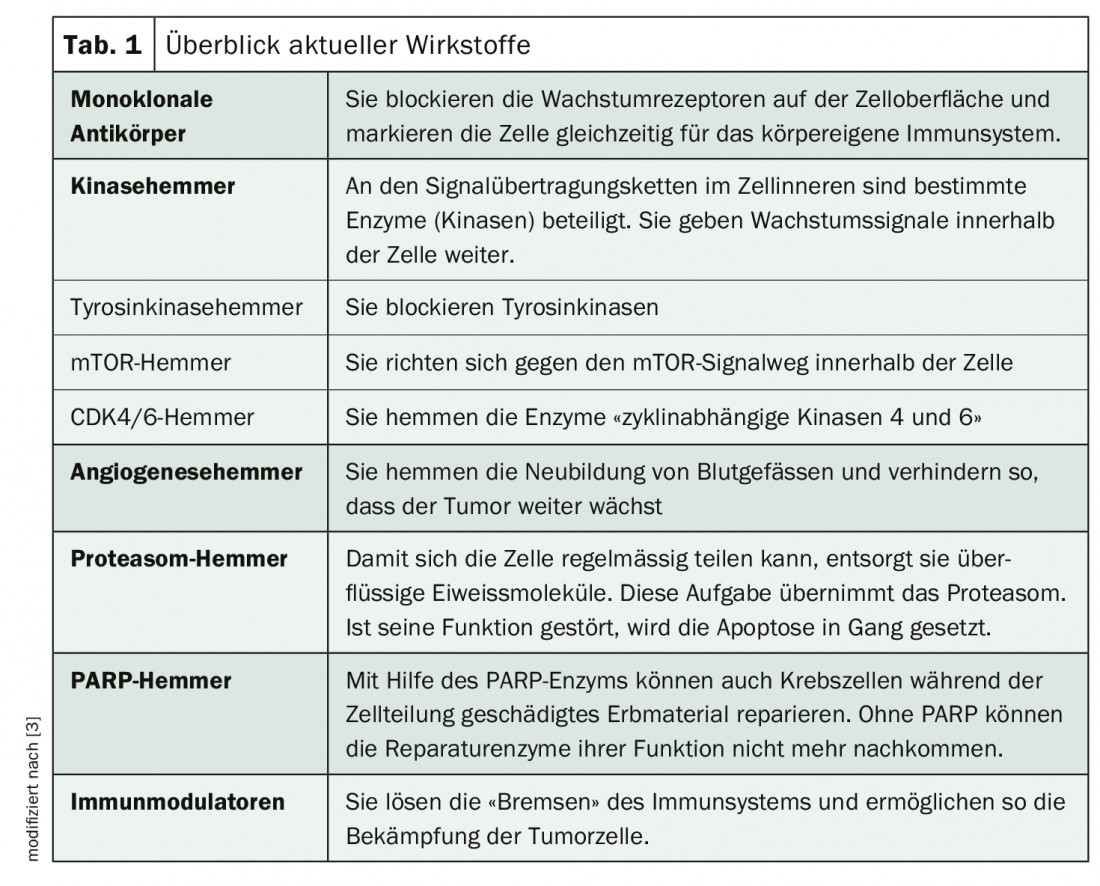In recent years, the ever-improving molecular understanding of malignant diseases has opened up avenues for targeted treatment strategies. Tumor genomic analyses are becoming increasingly important in providing patients with access to individually effective agents. The potential of precision oncology is far from exhausted. But there are also challenges that need to be overcome.
The terms “personalized therapy” or “precision therapy” have been used more and more frequently recently. At the same time, no clear definitions could be established at the beginning. As a rule, this involved drugs with a molecular target structure in tumor cells. However, with increasing understanding regarding the cellular basis of hematologic diseases and the advancement of genomic analysis, precision oncology now assumes therapy based on molecular characterization of the individual tumor. The goal is a more effective and better tolerated treatment [1].
Individual therapy based on the tumor profile
On the way to precision oncology, interpretation and classification of the tumor genetic alterations found, a deduction of possible effects on tumor cell biology, and assignment of potential therapeutic targets are required, leading to the generation of a molecular pathology report [2]. Exclusively histology-based therapy planning was yesterday’s news. Meanwhile, entities are increasingly being abandoned and the individual tumor profile is coming into focus. This development was made possible in part by improvements in high-throughput sequencing. In the meantime, mutation analyses can be performed on a large number of genes with a technically high, but time and financially justifiable effort [1,2].
However, therapeutic strategies based on the results of molecular tumor analysis face particular challenges, as individual treatment approaches can never be evidence-based, nor can they be mapped in comprehensive clinical trials. Therefore, many treatment decisions are made on the basis of analogies, biological rationales, or small case series. However, the same genomic alteration may have different value as a therapeutic target in the context of different diseases – another challenge for the practitioner. Therefore, to implement precision oncology in a meaningful and successful way, careful patient selection and access to targeted drugs are required.

Targeted treatment of hematological diseases
Molecular biology therapies target ligands, receptors for these messenger substances on the cell surface, or signaling pathways in the cells themselves. They influence tumor or blood vessel growth by suppressing growth signals, cutting off the tumor’s food supply, blocking the cell’s waste disposal, or inhibiting repair mechanisms of the cancer cell [3]. Immunomodulators take on a special role. They enhance the antitumor immune response and improve innate and adaptive immune function (Table 1) [4–6]. Therapeutic options can be used as monotherapy or in combination with chemotherapy or radiotherapy.
Literature:
- Holch JW, Westphalen CB, et al: Dtsch Med Wochenschr 2017; 142(22): 1676-1684.
- www.klinikum-grosshadern.de/CCCLMU-Krebszentrum-Muenchen/download/inhalt/TZM-News-MTB.pdf (last accessed 07/17/2020)
- www.krebsinformationsdienst.de/service/iblatt/iblatt-zielgerichtete-krebstherapien.pdf (last accessed 07/17/2020)
- Quach H, et al: leukemia 2010; 24(1): 22-32.
- Davies FE, et al: Blood 2001; 98(1): 210-216.
- www.therapyselect.de/de/blog/zielgerichtete-krebstherapie-targeted-therapy-das-wichtigste (last accessed 07/17/2020)
InFo ONCOLOGY & HEMATOLOGY 2020; 8(4): 19.












